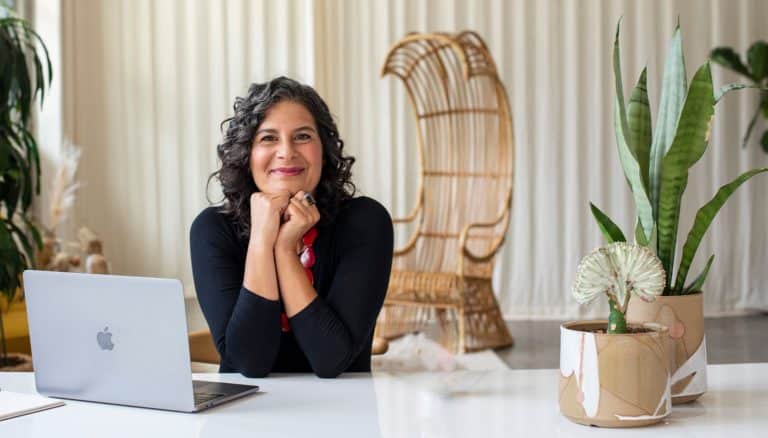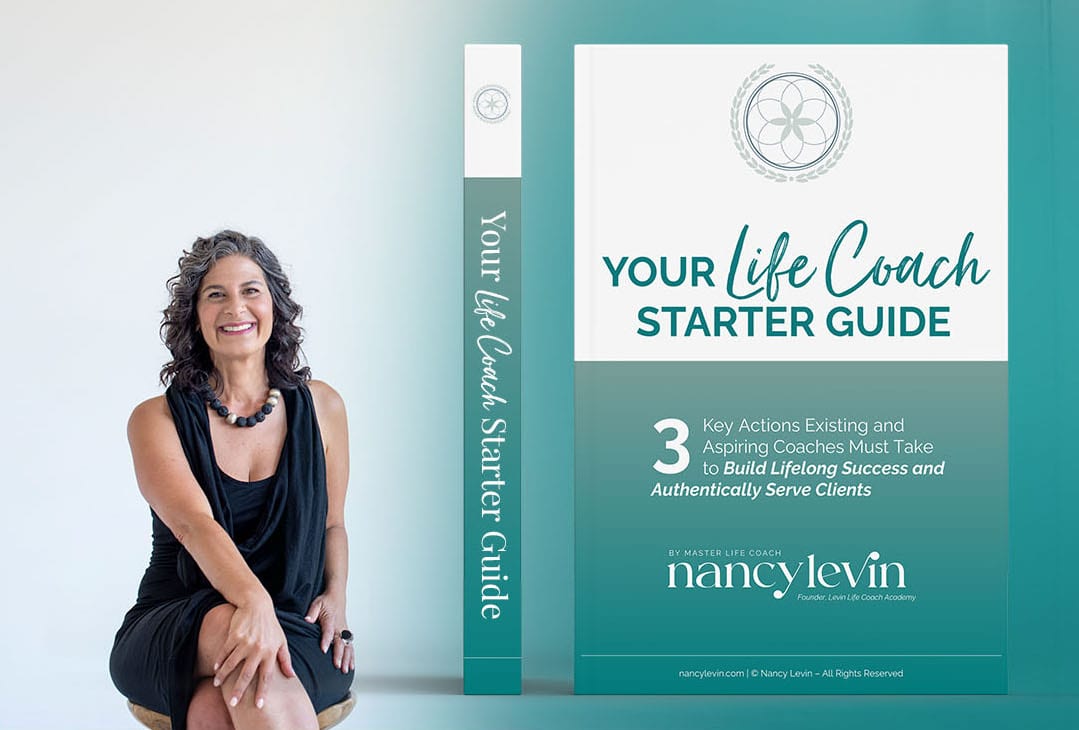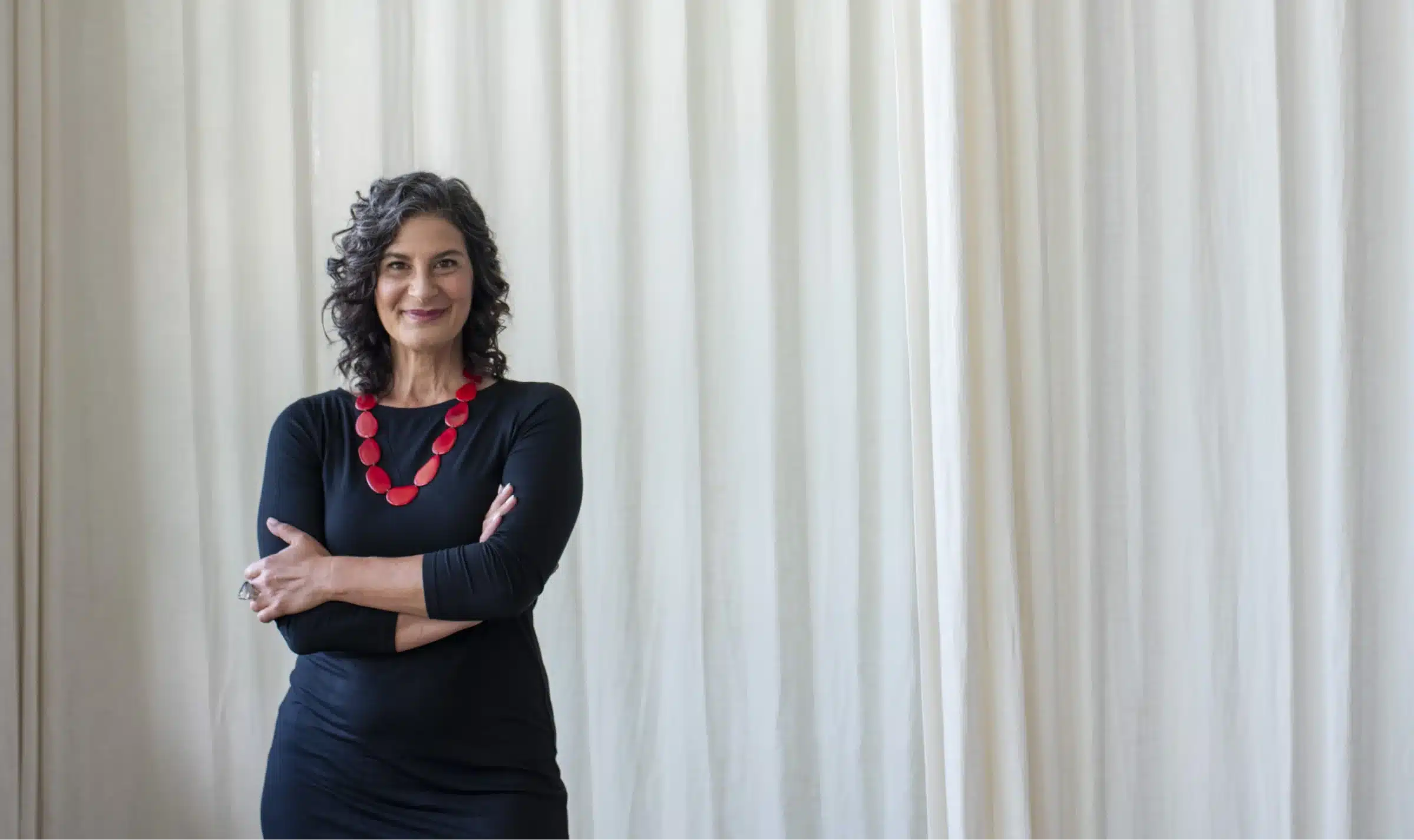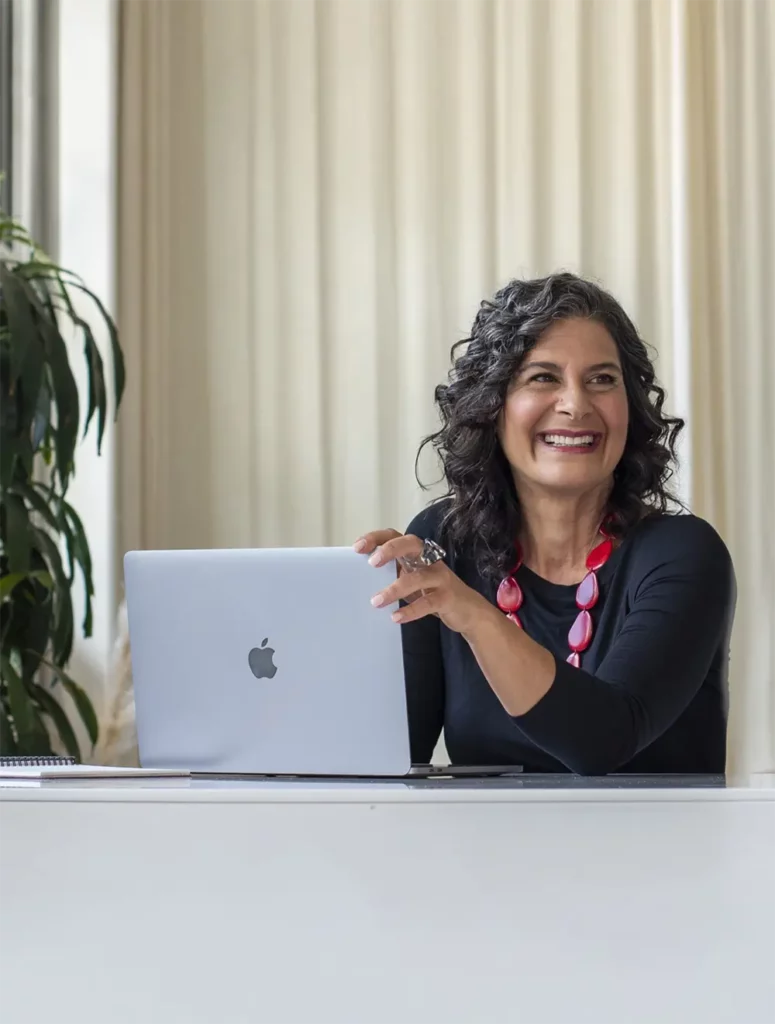Feeling that we’re not enough, or not good enough translates into the fear that we’ll never have enough. Fear of success and fear of failure are two sides of one coin, and our self-sabotage and self-doubt are self-fulfilling prophecies in which we unknowingly make damn sure we never, ever have all that we need. It’s a painful arithmetic going on in the shadows of our unconscious, which many of us never even recognize.
Excuses take our beliefs and run with them. You could say they’re just our beliefs in sheep’s clothing. When excuses take hold, our self-imposed limitations are no longer just thoughts. Our excuses actually stop us cold from moving forward in our lives. They’re always based in fear, and their aim is inaction.
When we tell ourselves, “I can’t,” what we’re usually saying is “I won’t.” Using “can’t” allows us to pretend we have no choice but to give in to our excuses. But “can’t” is a matter of not having the skill to do something, while “won’t” is a matter of not having the will. If we “can’t,” it’s only because we haven’t bothered to develop the skills. In most cases, all we have to do is make the effort. (OK, if you’re hopelessly uncoordinated or over the age of 35, maybe you “can’t” ever become an Olympic gymnast. But I’ll assume that isn’t one of your desires.)
The point is that most of the time we can—if only we’re willing to step past our resistance. It’s a choice to give into fear and what we’re resistant to. Try replacing your “I can’t” with “I’m resistant to.” For example, “I’m resistant to trying to make it on my own.” “I’m resistant to spending money.” “I’m resistant to leaving my job.” “I’m resistant to taking responsibility and doing something for myself.” It isn’t that we can’t. It’s that our limiting beliefs have caused us to make excuses for not doing what we’d do if we weren’t so afraid.
Sometimes, we phrase an “I can’t” excuse as “I have to,” and we focus on the action we feel compelled to take rather than the action we’re avoiding. Some of us use the excuse that it will take too long to learn something new, but if we never begin, we never get there. It’s OK for learning to be slow…as long as we do it. How many of us don’t go back to school because “it will take years!” Then, four years down the road, we’re in the same situation because we never started.
Or, how many of us stay in a relationship too long saying “I can’t leave” or “I can’t make it on my own” or “I have to stay for the children” only to find the years pass and true fulfillment even more elusive.
Our excuses are the way we reinforce our beliefs. They’re how we explain why we don’t already have everything we say we want. They’re a form of self-sabotage because they give us permission not to try. They’re justifications, explanations, and rationalizations. We rationalize our choices and convince ourselves that there are no other options. And the benefit of those excuses is that we get to stay in our comfort zone. That makes sense to the child within, but for the adult, it’s a pretty lame benefit, isn’t it? Stepping out of our comfort zone and living a full, juicy life—now, that’s a benefit!
It’s time to right this distorted view of ourselves so we can stop sabotaging the liberation we’re longing for.
Yes, it takes work to get past the programming of our childhoods. But it isn’t a burden. It’s something to cherish and relish. As adults, we have a wonderful opportunity. We can choose to base our identities on who we truly are inside—the personality, the essence we came into this life with.
This is who you were before you were imprinted with anybody else’s opinions—imperfect, human, thoroughly beautiful, and oh so worthy. Trust me: There’s so much more possible for you than you know! Self-worth is the key. Turn that key in the lock, and open the door. The life you most desire is waiting.
One of the ways out of self-sabotage and self-doubt maze is to put a moratorium on excuses and take action.
Any action.
Taking action to move forward – without being concerned that it’s the “right” action – will open you to possibility. Movement creates momentum.
What action will you take today toward the life of liberation you long for? Join the conversation with me on Facebook.








